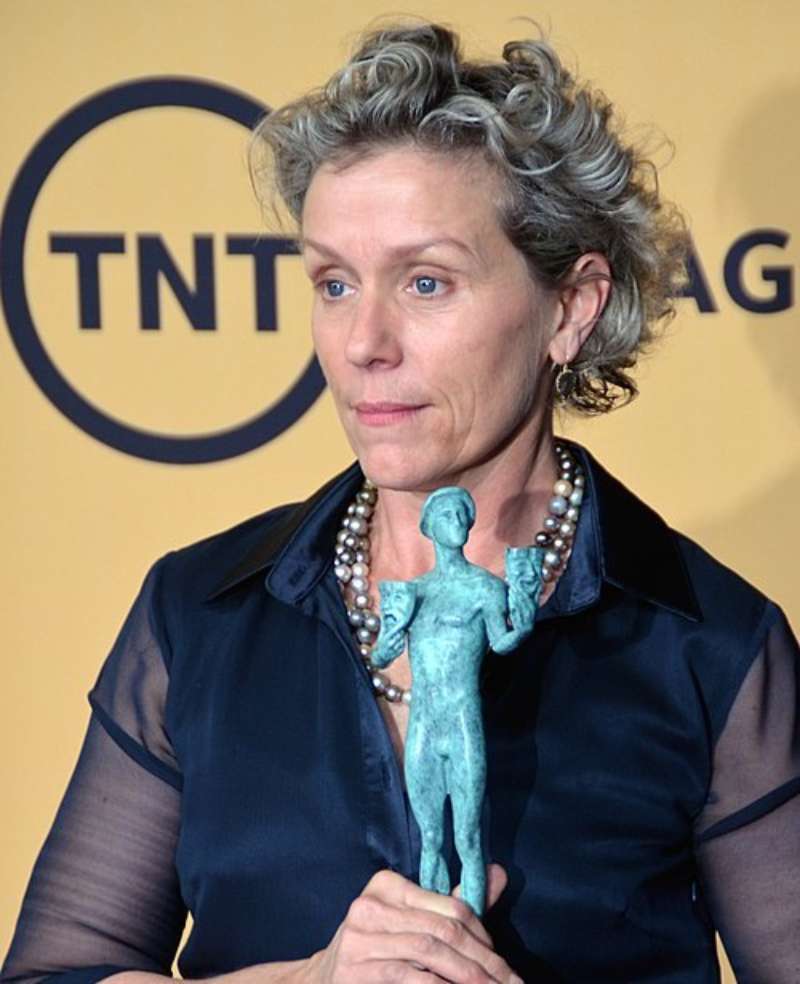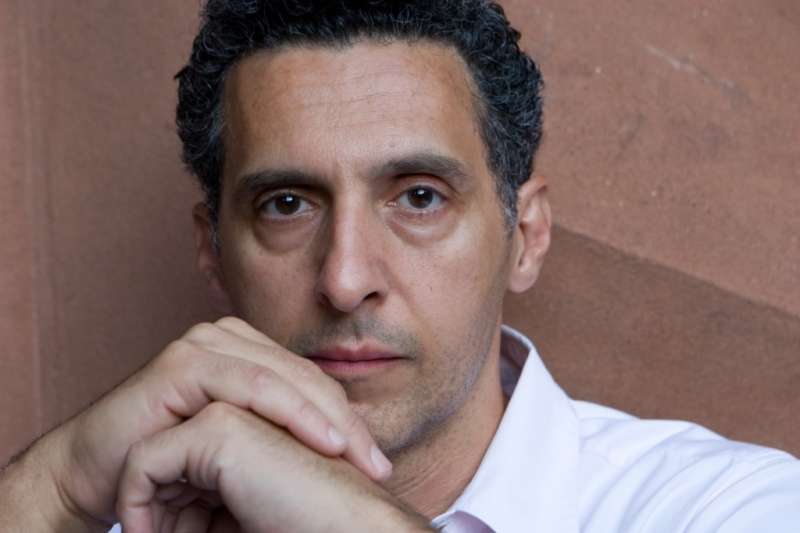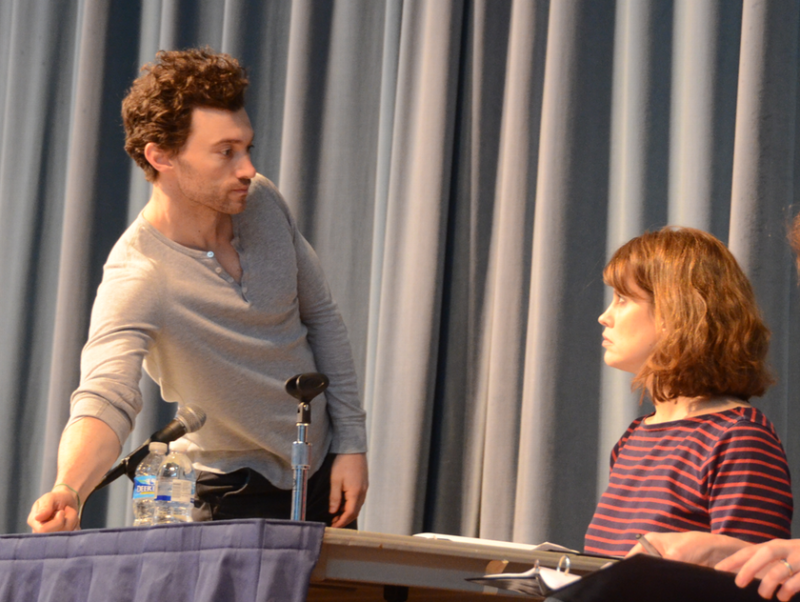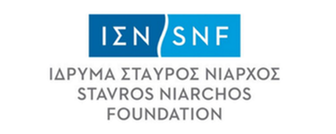Open to Public / Digital Initiative
The Oedipus Project SNFestival
About the play
-
Oedipus the King by Sophocles
Sophocles’ Oedipus the King tells the story of an overconfident ruler during the time of a great plague, who refuses to listen to trusted advisors, ignores prophecy, and—after launching an investigation—discovers that he is the source of the contagion that is ravaging his people and his land. Upon uncovering the truth about himself and his role in the disaster, the king loses nearly everything—his crown, his wife, his power, his country, his honor—and wanders off into exile, a fate worse than death in ancient Greece. Oedipus the King is a timeless story about leadership, accountability, and the challenges faced by citizens and elected officials during pandemics and plagues.
Cast Members
-

Oscar Isaac
Oedipus
-

Frances McDormand
Jocasta
-

Jeffrey Wright
Tiresias
-

John Turturro
Creon
-

Frankie Faison
Shepherd
-

David Strathairn
Messenger 1
-

Jumaane Williams
Chorus
-

Marjolaine Goldsmith
Priest
-

Glenn Davis
Messenger 2
Explore Projects
-
 Domestic ViolenceDomestic Violence Project
Domestic ViolenceDomestic Violence ProjectAddressing the impact of domestic violence on individuals, families, and communities, the Domestic Violence Project premiered in Maine in April 2013 and will be touring all five boroughs of New York City under the current PAIR residency.
-
 GenocideThe Investigation
GenocideThe InvestigationTheater of War Productions and the Museum of Jewish Heritage, in partnership with the National Yiddish Theatre Folksbiene, present readings of scenes Peter Weiss' play The Investigation, a piece of documentary theater adapted from the Frankfurt Auschwitz Trials of 1963-1965. This project centers on guided discussions about mass murder and its lasting impact upon individuals, families, communities, and countries throughout the world. Performed by a diverse cast, including international performers from communities affected by genocide, The Investigation seeks to generate powerful dialogue across cultures and communities about the human capacity for evil, as well as the systems and hierarchies that create the conditions for unthinkable violence.
-
 Addiction & Substance AbuseAddiction Performance Project
Addiction & Substance AbuseAddiction Performance ProjectDesigned to raise awareness about opiate addiction and alcohol abuse, the project is intended to promote dialogue about helping those who are struggling with addiction.


